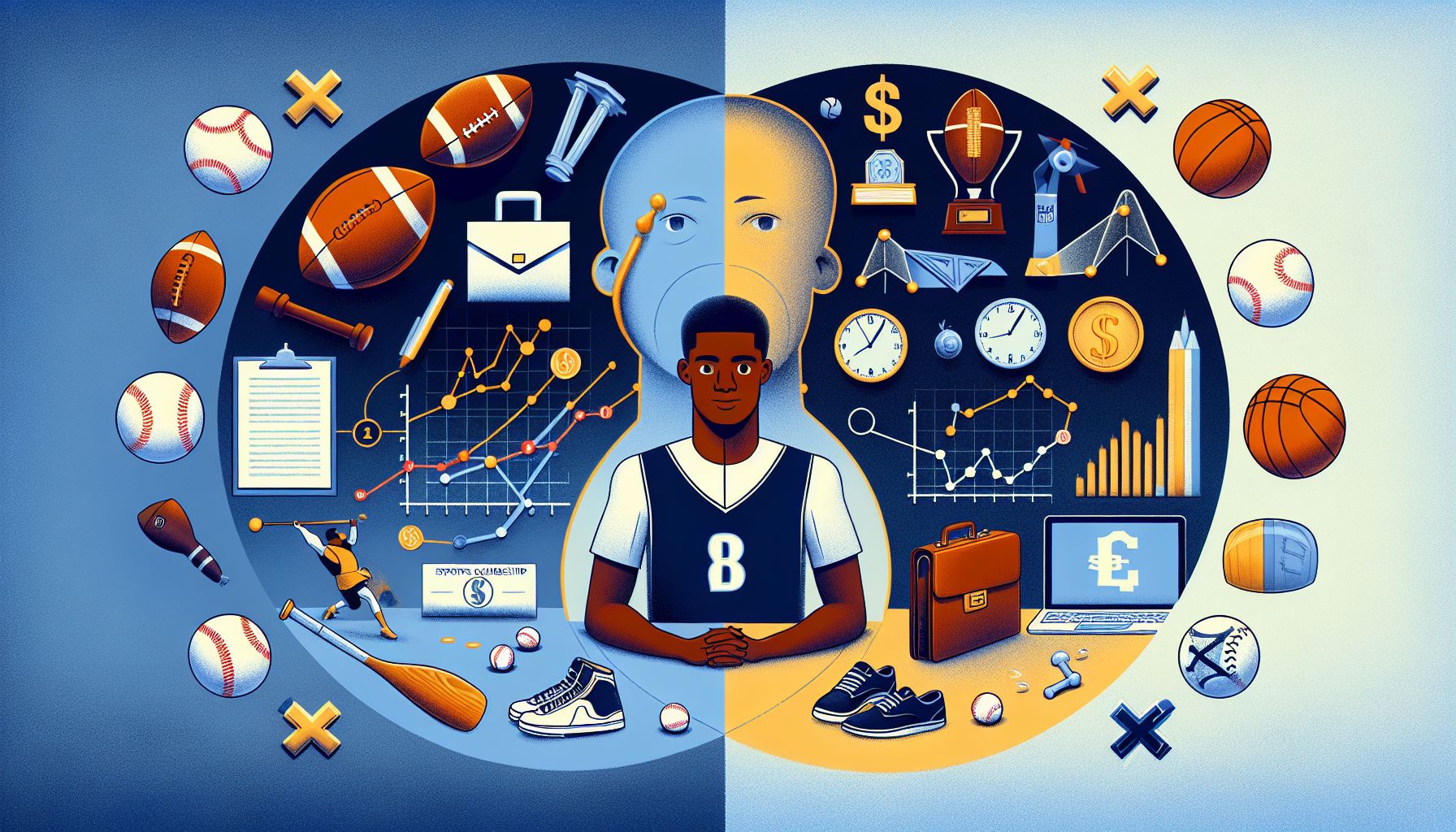Sports and business have long been intertwined, forming a complex relationship that shapes the landscape of the sports industry. In the realm of college sports, this connection is even more pronounced, with universities, athletes, fans, and corporations all playing significant roles in the ecosystem. From sponsorship deals to ticket sales, the business side of college sports is a multi-billion dollar industry that continues to evolve.
As college sports continue to gain popularity and attract a worldwide audience, the business aspect of these games becomes increasingly important. Universities invest heavily in their sports programs, recruiting top athletes, building state-of-the-art facilities, and hiring renowned coaches to lead their teams to victory. These investments are not only aimed at achieving success on the field but also at generating revenue and enhancing the school’s reputation.
One of the most significant events in college sports in recent years was the landmark decision by the NCAA to allow student-athletes to profit from their name, image, and likeness (NIL). This ruling opened up new opportunities for athletes to capitalize on their stardom and monetize their personal brands. As a result, we have seen college athletes signing endorsement deals, launching their own merchandise lines, and partnering with brands to promote products and services.
On the team strategy front, we have witnessed universities adopting innovative approaches to recruitment and player development. With the rise of analytics and data-driven decision-making, coaches are leveraging technology to identify talented prospects, analyze game performance, and optimize training regimens. This data-driven approach is not only transforming the way teams compete on the field but also providing valuable insights for sponsors, broadcasters, and other stakeholders in the sports business.
In terms of player developments, several college athletes have emerged as rising stars in their respective sports, capturing the attention of fans, scouts, and corporate partners. These athletes are not only excelling in competition but also showcasing their marketability off the field. With social media platforms offering a direct line of communication with fans and followers, college athletes now have the opportunity to build their personal brands and engage with a global audience.
As we look ahead to the future of college sports, it is clear that the business side of the industry will continue to play a pivotal role in shaping its trajectory. Universities, athletes, fans, and corporations will need to navigate a rapidly changing landscape, marked by technological advancements, regulatory changes, and shifting consumer preferences. By understanding the intricate connections between sports and business, stakeholders in the college sports arena can seize opportunities, mitigate risks, and drive sustainable growth in this dynamic industry.
In conclusion, the world of college sports represents a vibrant intersection of sports and business, where competition, innovation, and commercialization converge to create a captivating spectacle for fans and stakeholders alike. As the industry evolves, it is essential for all parties involved to adapt to the changing dynamics, leverage emerging trends, and uphold the values of integrity, fairness, and sportsmanship that define the spirit of college athletics. By embracing this holistic approach, the future of college sports holds great promise for continued success, growth, and prosperity in the ever-evolving landscape of sports business.
